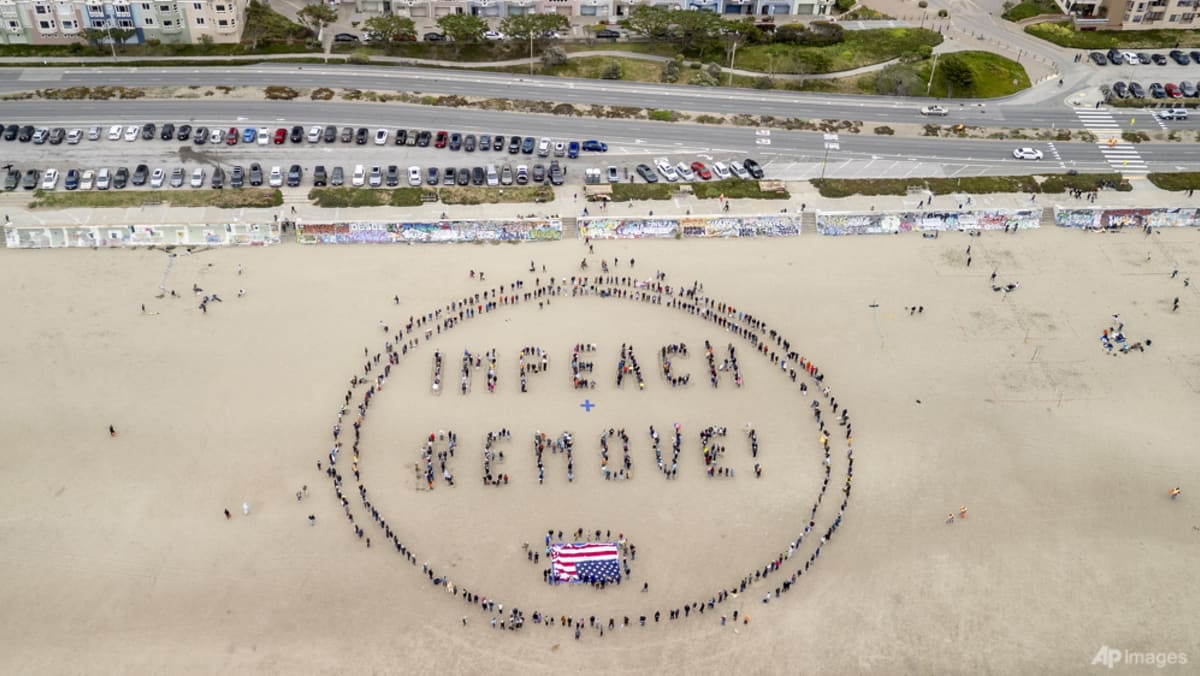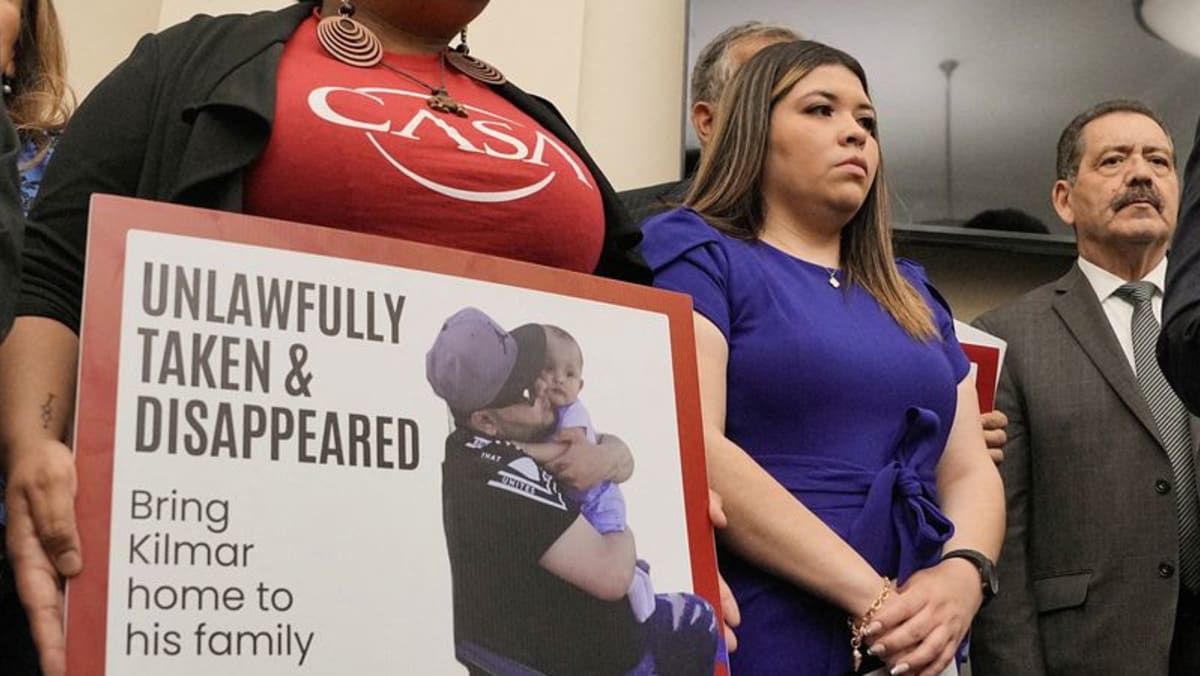Habeas corpus relief refers to the right of detainees to challenge the legality of their detention. It is considered a bedrock right under US law.
Elected last year on a promise to crack down on migrants, Trump invoked the law last month in a bid to bypass normal procedures and swiftly deport alleged members of Tren de Aragua, which his administration labels a terrorist group.
Asked about the planned deportations on Friday, Trump said he was unfamiliar with the particular case but added: “If they’re bad people, I would certainly authorise it.”
“That’s why I was elected. A judge wasn’t elected,” he told reporters at the White House.
Earlier on Friday, Assistant Secretary for US Homeland Security Tricia McLaughlin said in a statement, “We are not going to reveal the details of counter terrorism operations, but we are complying with the Supreme Court’s ruling.”
The Supreme Court did not indicate how much notice should be provided. Lawyers around the country have asked that the migrants be given 30 days’ notice to allow them to contest their deportations. The Trump administration has not said publicly how much notice it intends to give the migrants.
Judges in Manhattan, Denver, and Brownsville, Texas, have issued temporary orders blocking deportations under the Alien Enemies Act within their district.













